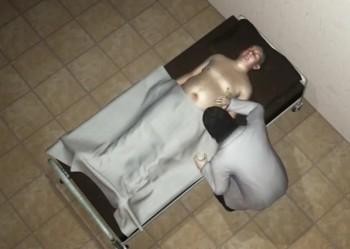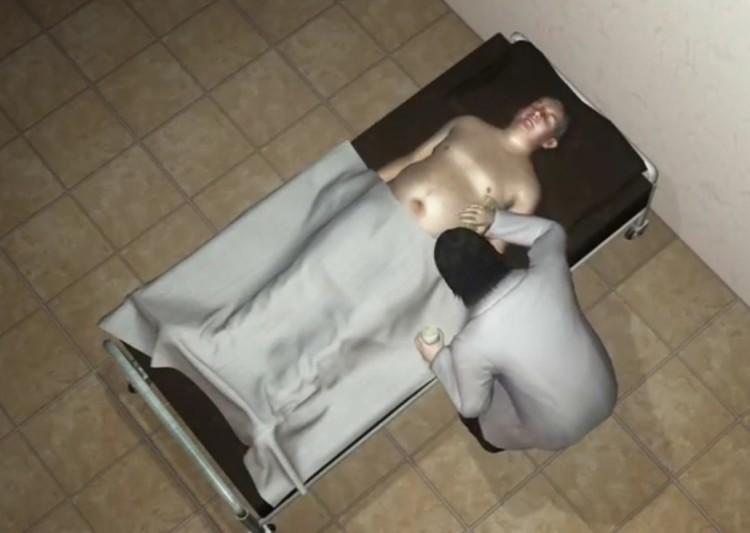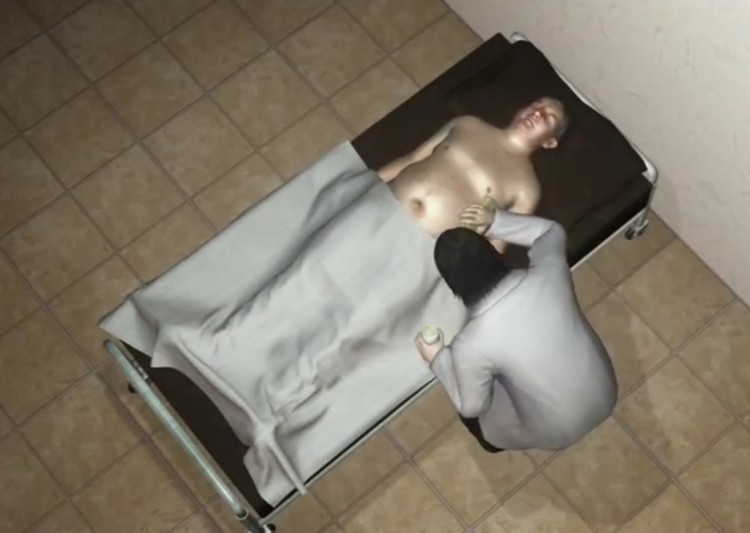Tutan-Alan: Cab Driver Mummified on TV
British taxi driver Alan Billis is going down in history as the first person to be mummified like a pharaoh for more than 3,000 years.

Animation showing the start of the mummification process. Screenshot courtesy of NMA News Direct
|Updated:






